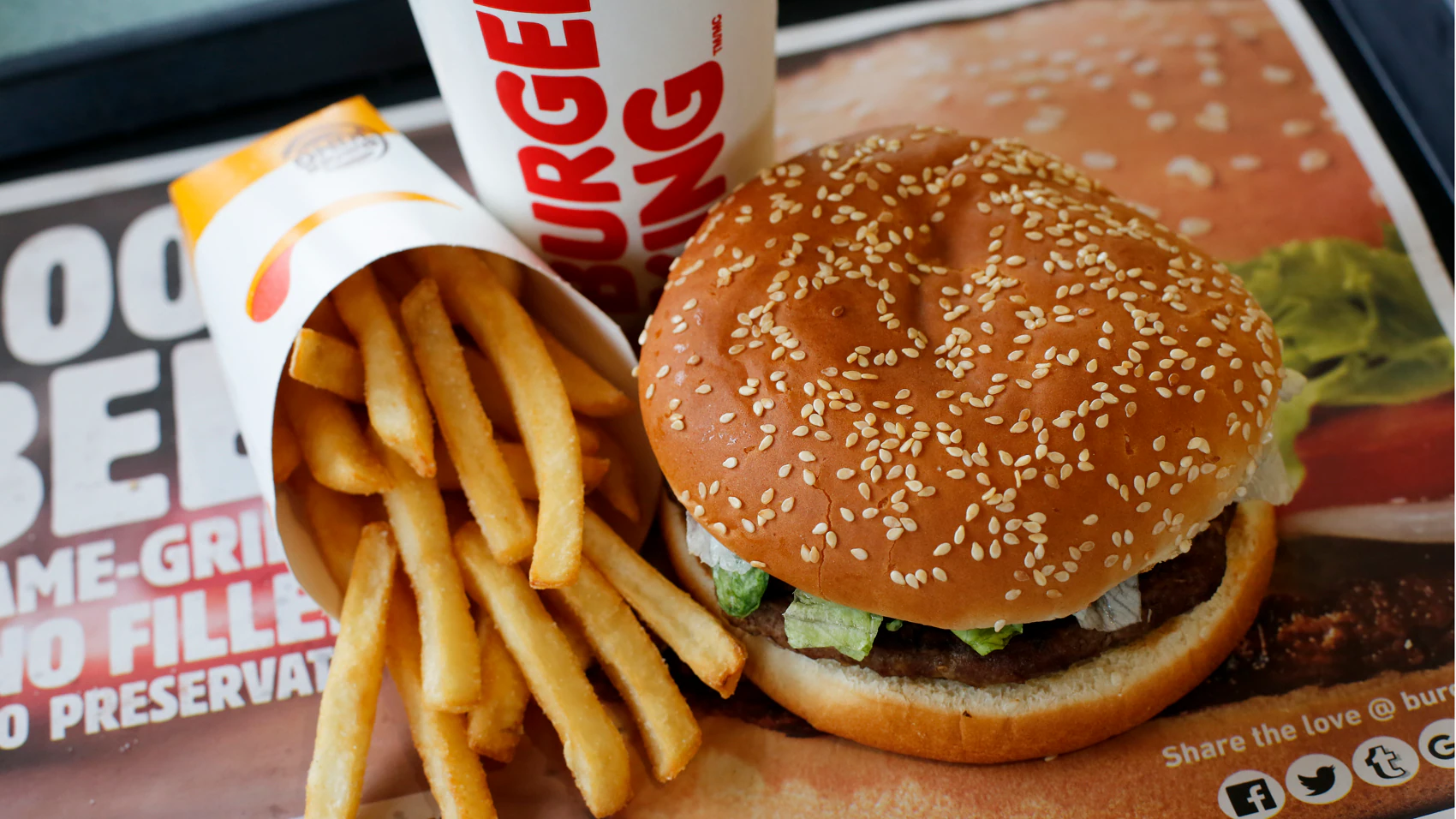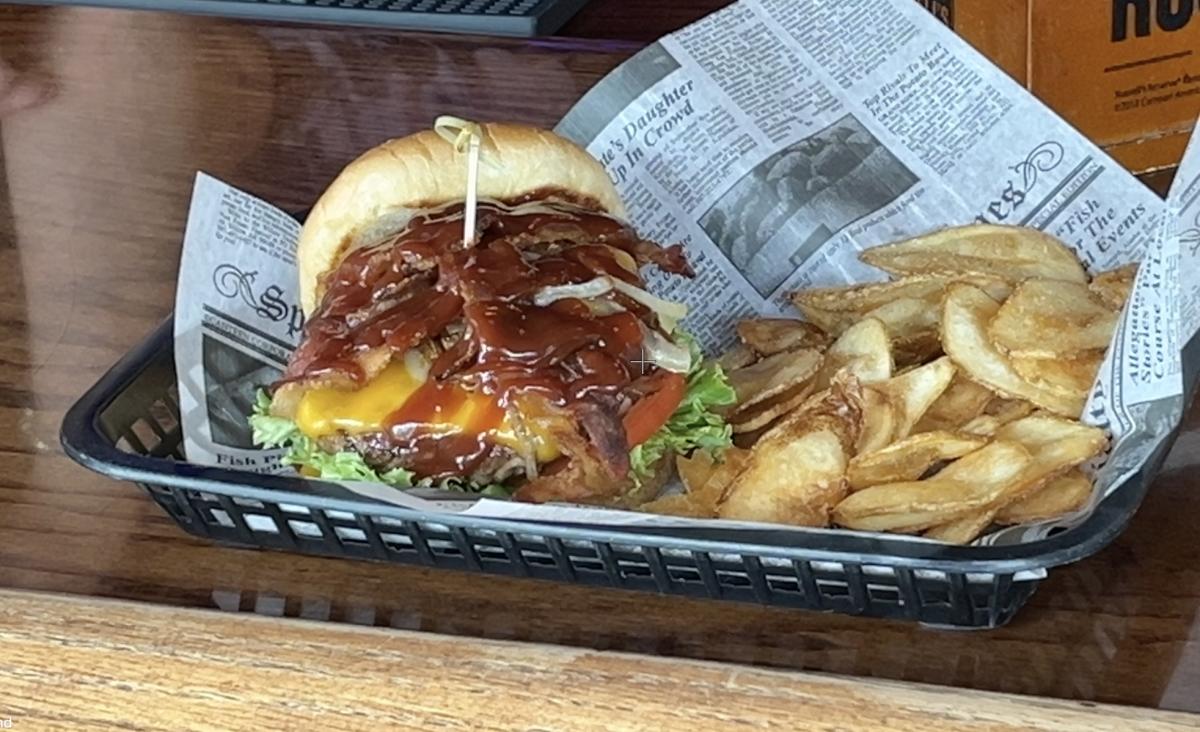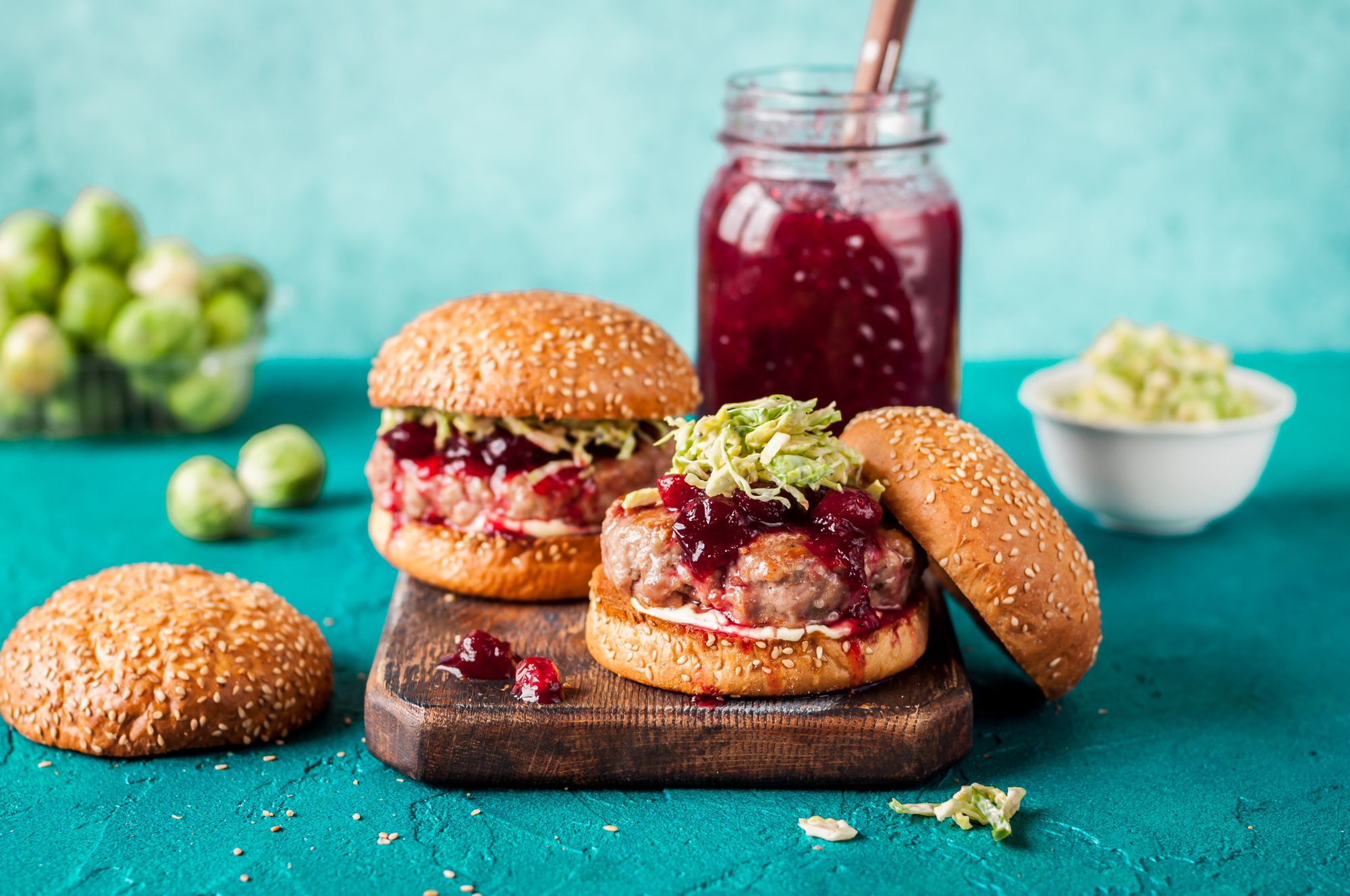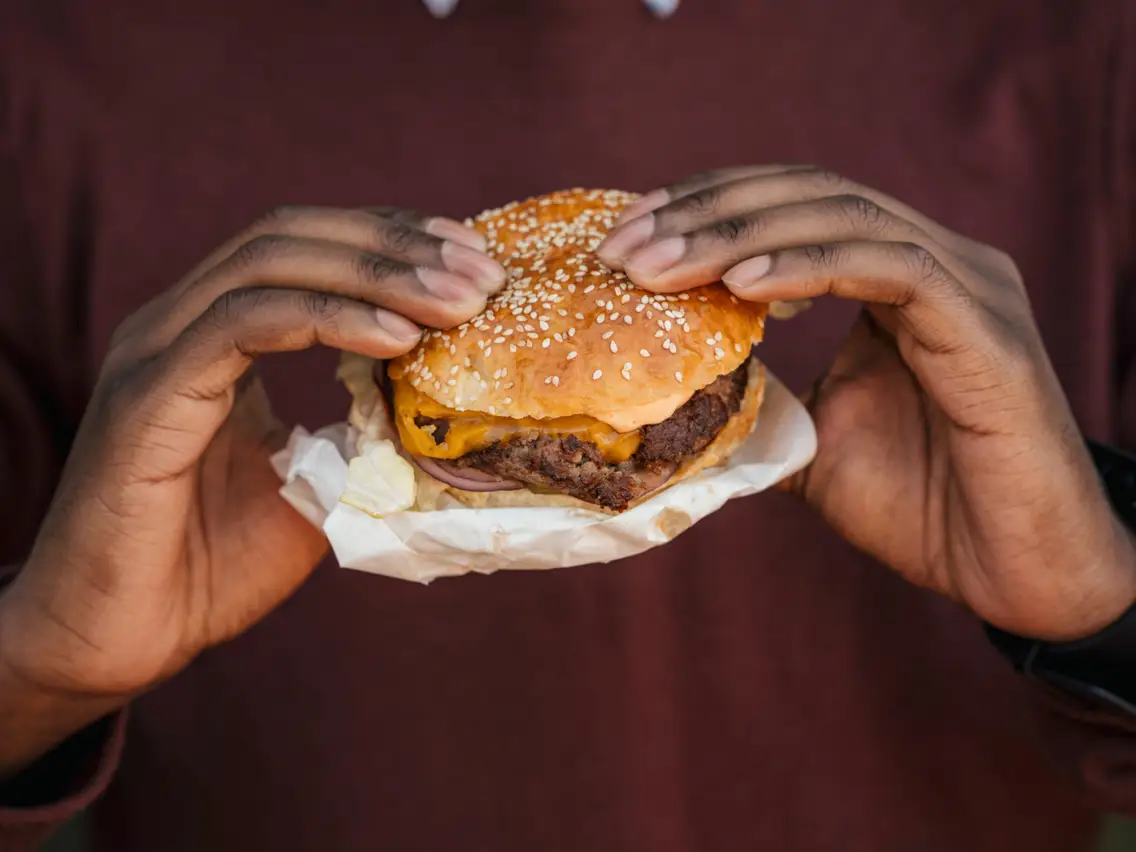In a remarkable twist for a burger chain, Sweden’s Max Burgers is actively steering its customers away from beef in an effort to combat the escalating climate crisis. This family-owned entity, renowned for its pioneering approaches since 2007, is not just altering its menu but is revolutionizing the fast-food industry’s engagement with environmental sustainability.

Redefining Fast Food: A Focus on Low-Carbon Menu Options
Max Burgers has distinguished itself by implementing a unique labeling system that indicates the carbon footprint of each menu item. This move is part of a broader strategy to encourage a shift towards chicken and plant-based alternatives.
The company’s ambitious goal is for half of its meals to be red meat-free, a target nearly met last year when 46% of its offerings across 188 locations were devoid of red meat. This significant pivot is not only a testament to the chain’s dedication to environmental stewardship but also aligns with evolving consumer preferences toward healthier and more sustainable eating practices.

Impact and Outcomes: A Decrease in Greenhouse Gas Emissions
The environmental impact of Max Burgers’ strategic shift is substantial. Between 2015 and 2021, the chain achieved a 30% reduction in emissions per meal served. Kaj Török, the chief sustainability officer, highlighted the effectiveness of their initiatives, noting the increase in sales of vegetarian and plant-based options, which rose from 2% in 2014 to 18% in 2021. Despite the challenges posed by the pandemic, Max Burgers has maintained its status as one of Sweden’s most profitable restaurant chains, underscoring the viability of sustainable business models in the fast-food sector.
Navigating Challenges and Expanding Horizons
The journey hasn’t been without its challenges. The recent economic climate, marked by high inflation, has seen a temporary dip in the adoption of meat alternatives as consumers opt for perceived value. However, Török remains optimistic, stating, “Taste is our secret climate weapon. If something doesn’t work, we try to make it better.” This resilience and willingness to adapt underscore Max Burgers’ commitment to its vision.

Industry Contrast and Future Directions
Max Burgers’ strategy starkly contrasts with trends observed in U.S. fast-food chains, where there’s been a reticence to fully commit to plant-based options. Chains like McDonald’s, Taco Bell, and Burger King have instead focused on incremental changes in their supply chains. Moreover, the recent rebranding efforts by other establishments to include meat and emphasize “regenerative agriculture” highlight the diverse strategies employed in the industry to address environmental concerns.
Raychel Santo from the World Resources Institute cautions that while regenerative practices can offset some emissions, they’re unlikely to counteract all emissions associated with beef production. She emphasizes the need for significant reductions in beef consumption, particularly in affluent countries, to achieve global climate goals.

Max Burgers: Leading Sustainable Fast Food Innovation
Max Burgers stands as a beacon of innovation and environmental responsibility in the fast-food world. With a clear focus on reducing carbon footprints and promoting sustainable dietary choices, Max Burgers is not only influencing industry standards but also demonstrating that profitability and environmental stewardship can go hand in hand. As they continue to refine and expand their menu options, their journey offers valuable insights and inspiration for businesses worldwide aiming to align profitability with planetary health.










